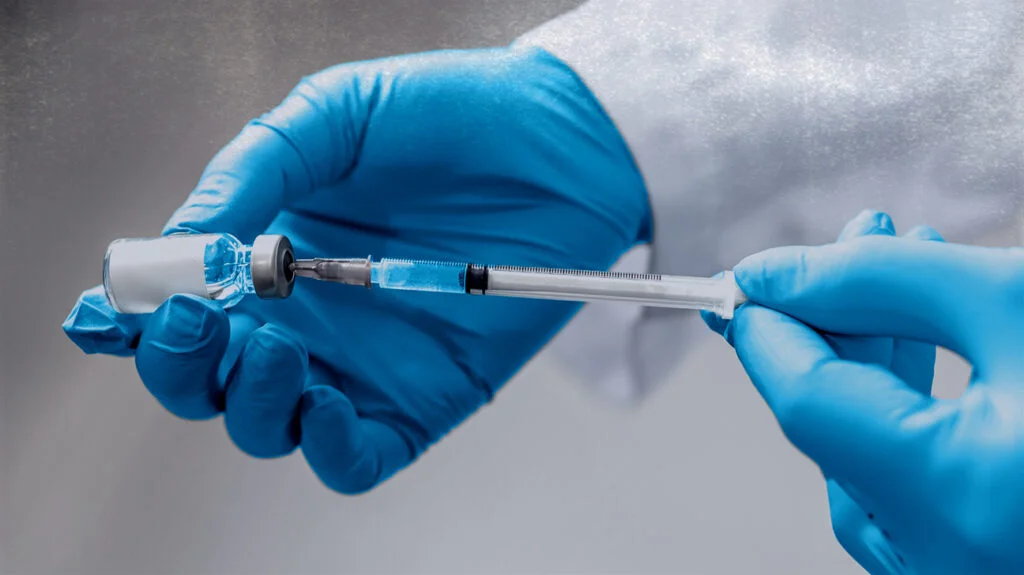Oxford University scientists are spearheading the development of the first-ever vaccine designed to prevent ovarian cancer.
This groundbreaking initiative aims to empower the immune system to identify and combat the onset of early-stage ovarian cancer.

As reported by multiple sources, including Sky News and Cancer Research UK, the ambitious project has been aptly named OvarianVax.
Its fundamental purpose is to prevent the cancer from developing in the first place, targeting women who carry the BRCA1 and BRCA2 genetic mutations, which significantly heighten the risk of breast and ovarian cancer.
The team has been awarded nearly £600,000 (approximately $785,000) from Cancer Research UK to push this innovative effort forward.
Despite the promising starting point, the vaccine will need to undergo rigorous and time-consuming trials before it becomes available to the public.
The necessity for a vaccine is underscored by the statistics: around 7,500 women are diagnosed with ovarian cancer annually in the UK alone, making it the sixth most common cancer among women.
Current preventive measures for high-risk patients, such as surgery, involve removing the ovaries and fallopian tubes.
This procedure eliminates the possibility of pregnancy, making it a deeply personal and emotionally challenging decision.
Professor Ahmed Ahmed, leading the OvarianVax project, shared his optimism: “Teaching the immune system to recognize the very early signs of cancer is a tough challenge, but we now have highly sophisticated tools that give us real insights into how the immune system recognizes ovarian cancer.”
The journey toward a viable vaccine is still in its early stages, with many hurdles yet to overcome.
The timeline to completion could span several years as it undergoes various phases of testing and validation.
However, the potential impact of OvarianVax is significant. .
Michelle Mitchell, Chief Executive of Cancer Research UK, adds, “Projects like OvarianVax are a critical step forward into an exciting future where cancer is much more preventable.”
In an ideal scenario, OvarianVax will not only prevent cancer in high-risk women but will also pave the way for preventive measures applicable to a broader population once trials demonstrate its success.
While there remains a long path ahead, the development of OvarianVax represents a significant and hopeful leap towards reducing the burden of this challenging disease.
As the scientific community eagerly awaits the outcome of the trials, patients and clinicians alike remain hopeful for a preventive remedy that does not compromise fertility.
